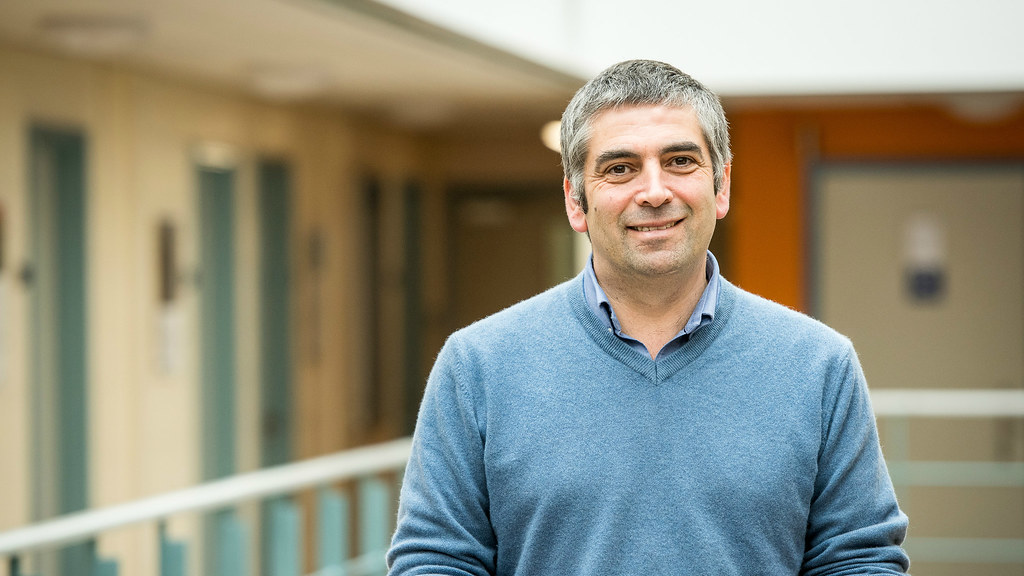The Engineering and Physical Sciences Research Council (EPSRC) is investing £12.9 million in the UK Catalysis Hub, a nation-wide research programme into catalytic science focused on supporting UK economic growth while helping reduce CO2 emissions, produce cleaner water and generate more sustainable energy.
Our Centre for Sustainable Chemical Technologies is to receive £2.9 million for its project ‘Catalysis for Chemical Transformations’ led by Professor Matthew Davidson.
Catalysts speed up chemical reactions making them possible on useful timescales. Catalysis science is at the heart of key industrial processes both current and in the future and virtually all manufactured goods at some point in their manufacture involve the use of a catalyst.
Professor Davidson said: “We aim to develop new catalysis for sustainable chemical transformations central to the manufacturing processes of bulk chemicals, fine chemicals, polymers and materials.
“Our goal is to develop new catalytic processes as well as make existing processes more sustainable in order to give the UK a competitive edge. Chemistry-using industries are vital for the UK and world economies, and catalytic science is the cornerstone of a sustainable chemical industry.
“Catalysis is used to make pharmaceuticals and is fundamental to the manufacture of fuels, solvents, plastics and foodstuffs from a wide range of fossil-based resources and biomass.”
David Willetts, Minister for Universities and Science said: “Catalysis science is vital for many areas of the UK economy, from food production to pharmaceuticals. This investment will provide a focal point for the UK’s leading expertise in this area, helping scientists further develop their skills and undertake cutting edge research to drive sustainable growth.”
The UK has world-class strength and capability in catalysis and process engineering, with EPSRC having funded £28.5 million of catalysis research from 2006-2011. The new research programme builds on this expertise and support.
David Delpy, Chief Executive of EPSRC, said: “The UK has some outstanding researchers in the field of Catalysis, and it is a vital field for UK industry with a major role to play in the creation of new or improved processes.
“That is why EPSRC is strategically investing in this Catalysis Hub. Building on our previous initiatives, it will draw academics and institutions together to further enable cross-disciplinary research, and create a critical mass of activity which will enhance the international standing of the UK catalysis community and help it address the major challenges faced in the Physical Sciences, Energy, Manufacturing and Healthcare themes.”
The UK Catalysis Hub, based at the Research Complex at Harwell (RCaH) in Oxfordshire, will coordinate multi-disciplinary scientists and chemical engineers from over 30 different universities including Bath.
The Hub will enable scientists to collaborate on projects, share insights, expertise and developments; facilitate world-class research and attract new funding streams. Researchers will work at different universities, and the RCaH will offer training and research.

